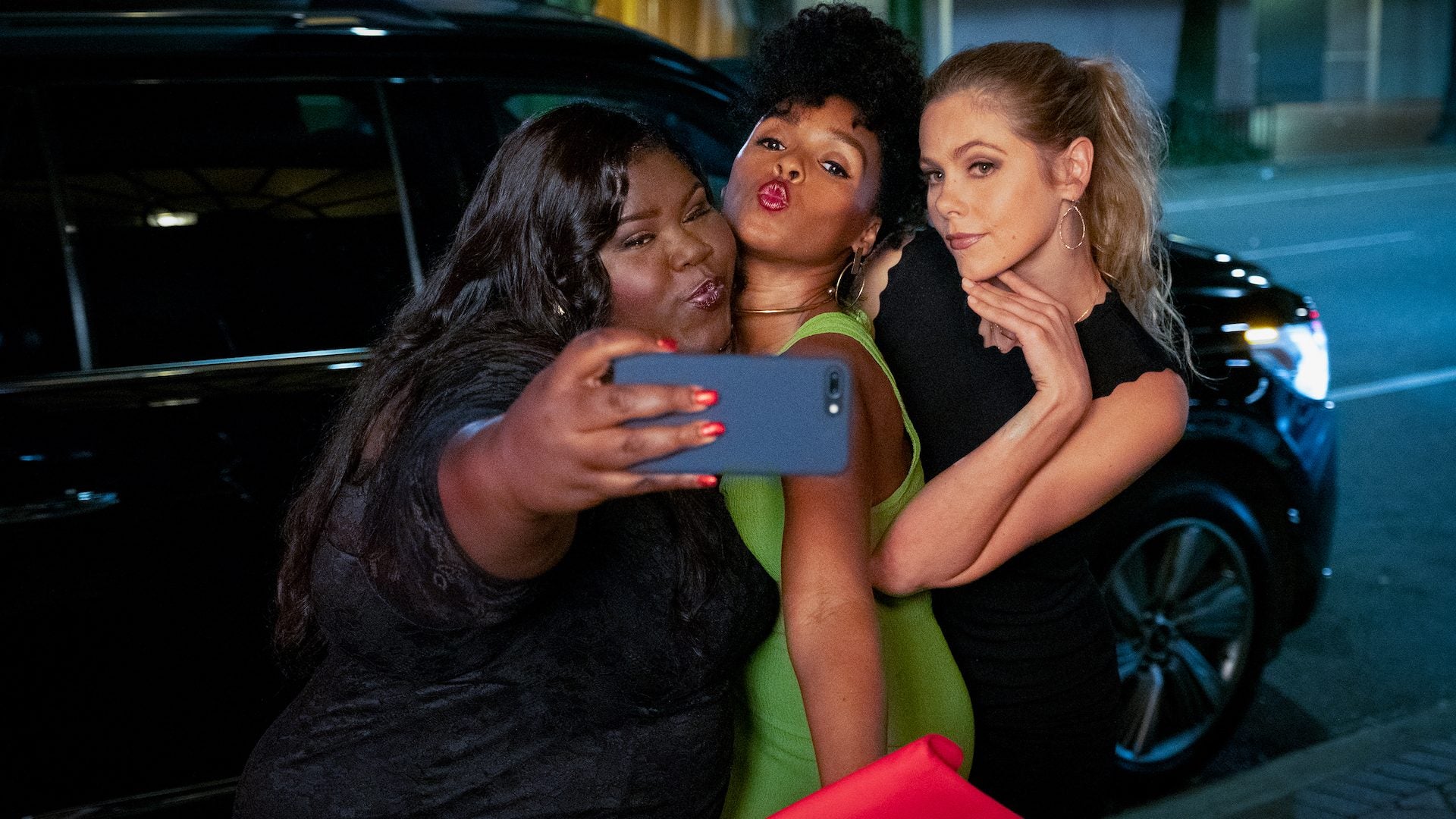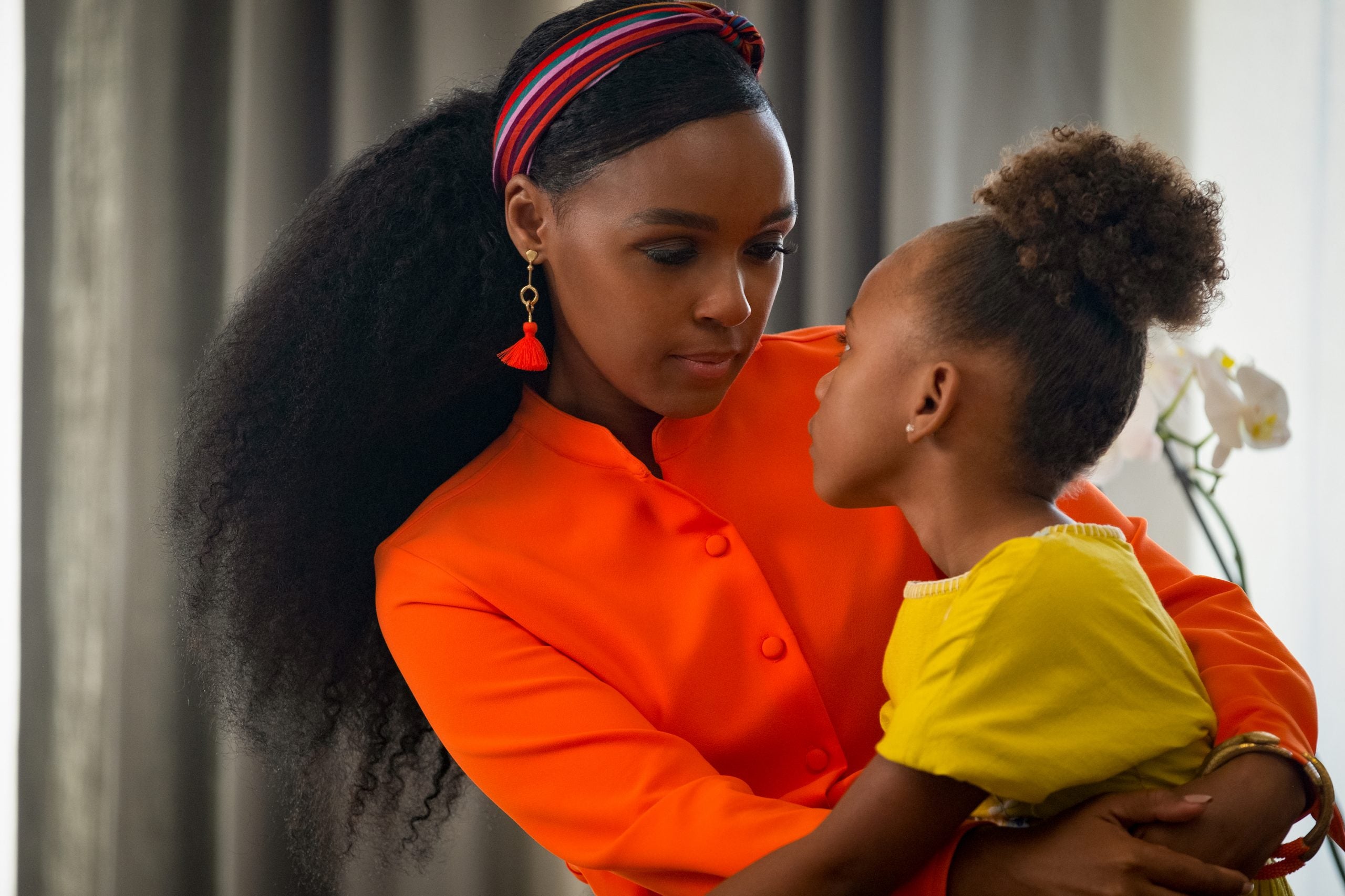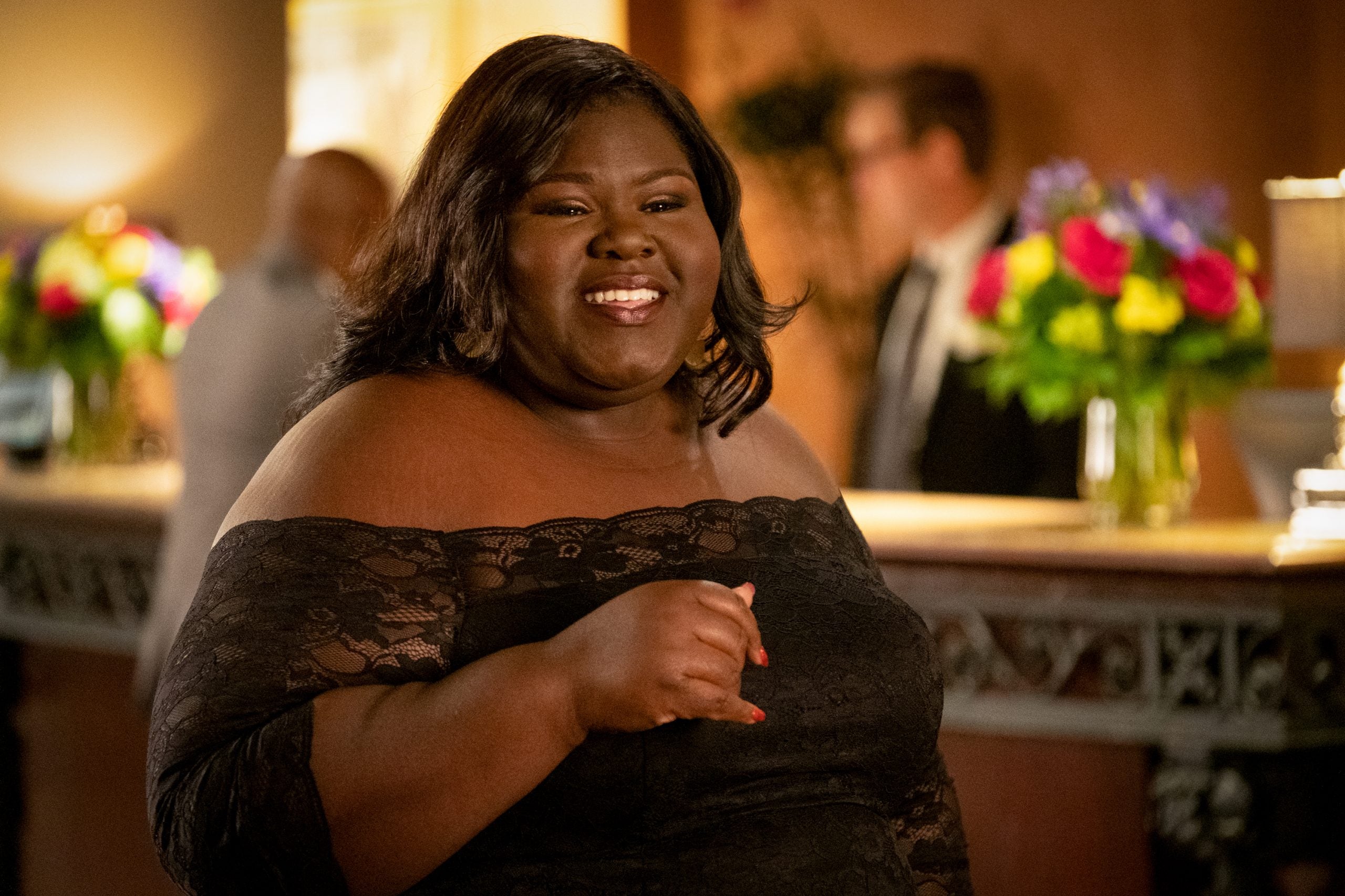
Antebellum is not a slave movie. Well, not really.
Instead, this psychological thriller uses the Antebellum south as the backdrop to ask triggering AF questions about how Black people came to this strange land and how we’re still fighting for freedom as we’re systemically dragged back to that place of helplessness. And as usual, a Black woman is responsible for saving the day.
“This was also an opportunity to humanize the Black woman,” Antebellum star Janelle Monáe told ESSENCE earlier this month. “And I think we need more of that.”
The actress, who successfully carries her own film with this feature, created and written by duo Bush Renz, plays Veronica, a successful author, who draws big crowds at speaking engagements and makes the cable TV news rounds. That is until she’s thrust into an alternate reality.
Monáe said the film examines how Black women “have the pressures of being superheroes, saving the day…because we are put here, [high on a pedestal.] We carry the burden of dismantling white supremacy…this movie is a look into that.”
Her co-star and onscreen bestie Gabourey Sidibe is a breath of fresh air when she walks onto the screen in Antebellum. She embodies a good girlfriend. You know, the kind that brings your favorite latte during a rough morning or tells you to “get dressed, we’re going out.” Still, Sidibe told ESSENCE that when she read the script, it reminded her of the realization that Black people living in the U.S. are a “stolen” people.

“African Americans are simply African Americans because we were stolen. We were taken from our home, from our society, from our world, from our entire universe,” the actress added.
What frustrates Sidibe is how history often points back to slavery when it details the lives of Black people, and at times it’s often the starting place. For the actress, it’s erasure.
“Before we were slaves we were family, we were mothers, we were doctors, we were teachers. We were an entire society. And it’s not fair to say your history is slavery,” she added.

Although both actresses admit the film is at times hard to watch, they feel it’s nothing in comparison to what our ancestors lived through.
“I am free because of my ancestors’ fight to be free,” Monáe said. “We are up against racist policies that keep us in shackles. So knowing that gave me a deep sense of responsibility to honesty, to truth. I needed to go there. This is a film. my ancestors lived this.”
Watch the full roundtable, moderated by ESSENCE senior entertainment editor Joi-Marie McKenzie, above.
